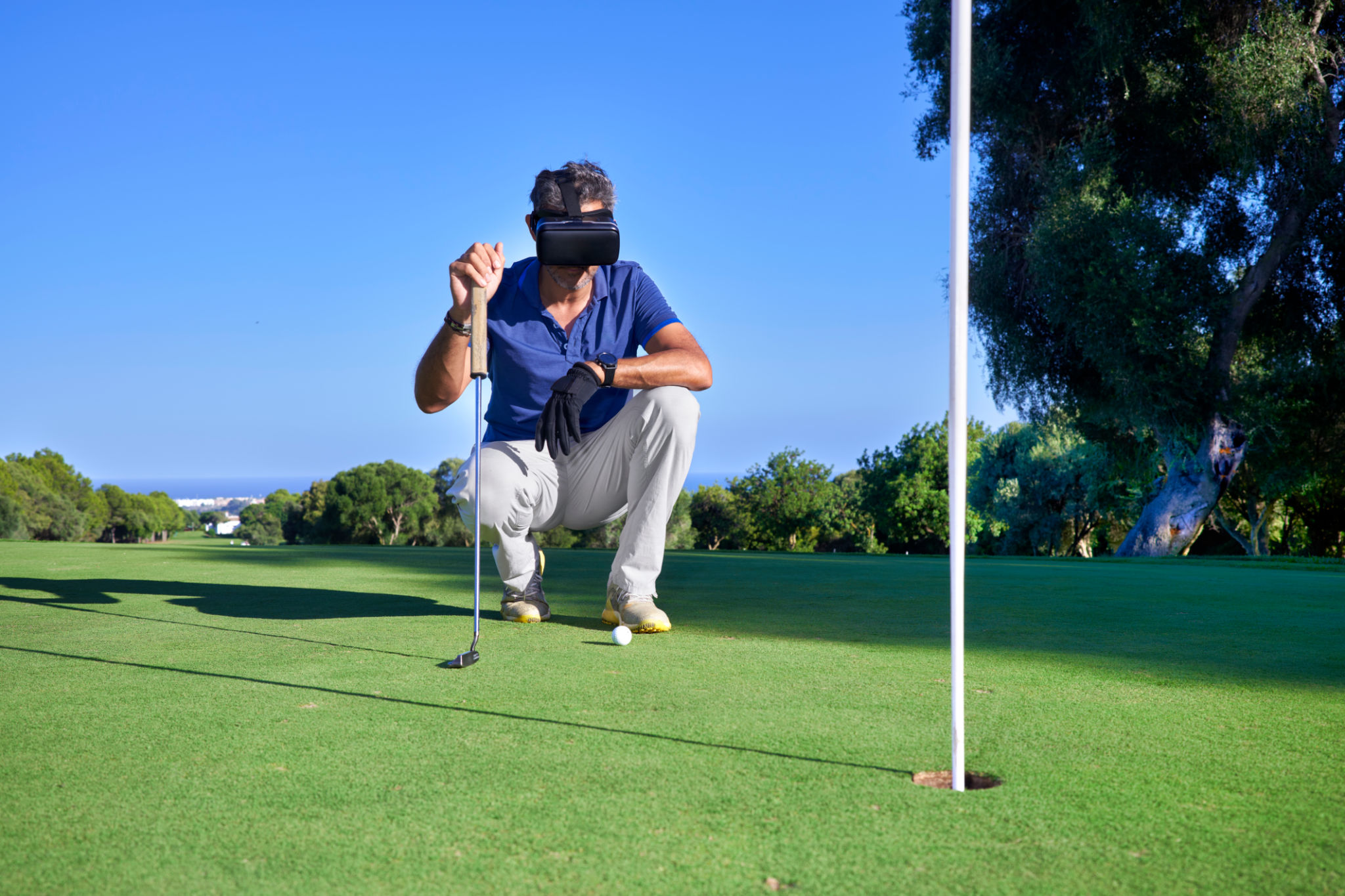The Essential Guide to PR for Athletes: What to Expect from Professional Agencies
KR
Understanding the Role of PR in an Athlete's Career
In the competitive world of sports, an athlete's performance on the field is only one part of their success. Off the field, managing public image and media relationships is crucial. This is where Professional Public Relations (PR) agencies come into play. These agencies specialize in crafting and maintaining an athlete's public persona, ensuring they are portrayed in the best light possible.

PR agencies work behind the scenes to build a comprehensive strategy that includes media training, press releases, and social media management. Their expertise helps athletes navigate interviews, public appearances, and even potential crises. Understanding the essential functions of PR can greatly enhance an athlete's career and public perception.
Services Offered by Professional PR Agencies
When an athlete partners with a professional PR agency, they can expect a range of services designed to boost their brand and protect their reputation. Some of the key services include:
- Media Training: Preparation for interviews and press conferences to deliver clear and impactful messages.
- Press Releases: Crafting and distributing official statements to announce news or respond to events.
- Social Media Management: Developing strategies to engage with fans and followers across various platforms.
These services are tailored to the athlete's specific needs, ensuring that their voice is authentically represented while maintaining a positive public image.
What to Expect When Working with a PR Agency
Collaboration with a PR agency is a dynamic process that requires mutual understanding and trust. Athletes can expect regular communication with their PR team, who will provide updates on ongoing campaigns and strategies. It’s important for athletes to be actively involved in this process, offering insights and feedback to ensure their personal brand aligns with their values and goals.

The relationship is typically long-term, as building and sustaining a public image takes time. Athletes should also expect their PR team to be proactive in identifying opportunities for growth and addressing any issues that may arise. This proactive approach ensures that athletes remain in control of their narrative.
The Importance of Crisis Management
No matter how polished an athlete's image may be, unexpected situations can arise that require immediate attention. Professional PR agencies are equipped to handle crises efficiently, minimizing any potential damage to an athlete's reputation. They develop crisis management plans that outline steps to take in various scenarios, providing peace of mind for athletes who can then focus on their performance.
A well-executed crisis management strategy involves quick response times, transparent communication, and a clear plan of action. This ensures that any negative impact is mitigated as swiftly as possible, allowing athletes to bounce back with their reputation intact.
Building a Personal Brand
One of the most significant benefits of working with a PR agency is the development of a strong personal brand. Athletes are not just competitors; they are influencers and role models with the power to inspire and connect with millions. A professional agency helps athletes define their brand identity, aligning it with their personal values and career aspirations.

This personal brand becomes a foundation for all public engagements, endorsements, and community involvement. By consistently showcasing an authentic and relatable persona, athletes can foster lasting relationships with fans and sponsors alike.
Choosing the Right PR Agency
Selecting the right PR agency is a critical decision that can significantly impact an athlete's career. Athletes should consider agencies with a proven track record in sports PR, strong industry connections, and a clear understanding of their unique needs.
It's also important to evaluate an agency's approach to communication and collaboration. The best partnerships are those where both parties share a common vision and commitment to achieving set objectives. By choosing wisely, athletes can ensure they have the support needed to navigate the complexities of public relations effectively.
